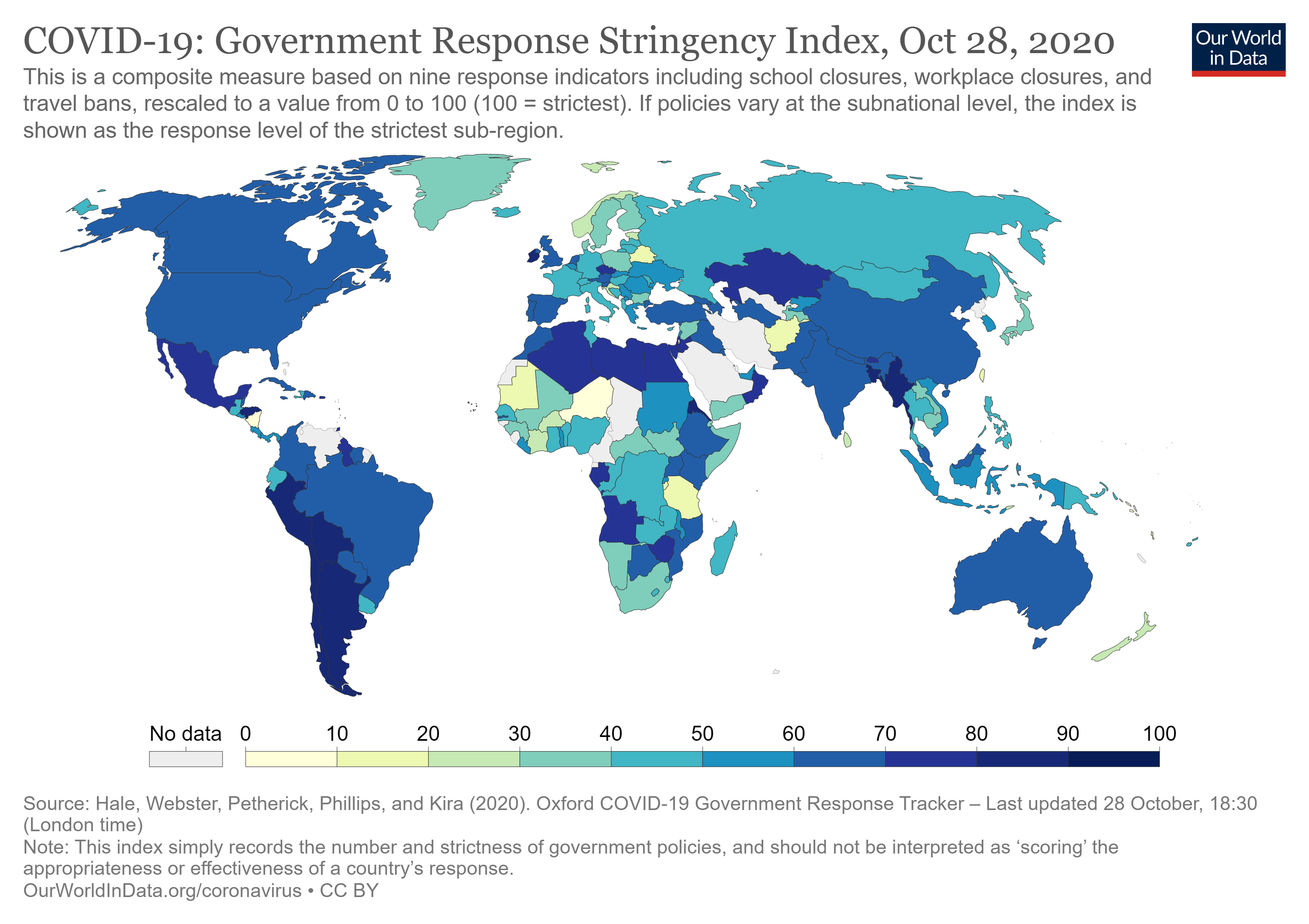The briefing addressed the limitations of free speech in Turkey, which fell victim to the government’s war against the Kurdish minority. The Commission brought to attention the arrests and detention of Democracy Party parliamentarians and others who spoke out in support of rights for Turkey’s Kurdish citizens, which brought the Turkish government’s commitment to free speech and other basic human rights into question.
On June 16th, the Democratic Part was banned by the Turkish Constitutional Court. Remzi Kartal, a member of Turkish Parliament, was among those who were forced to flee the country as a result. He was joined by Ali Yigit, a member of the Turkish Parliament who was also stripped of his status. At the briefing, Kartal and Yigit jointly addressed the political and economic problems in Turkey, centered on the 20 million Turkish Kurds who do not have a voice in Turkey’s government.





